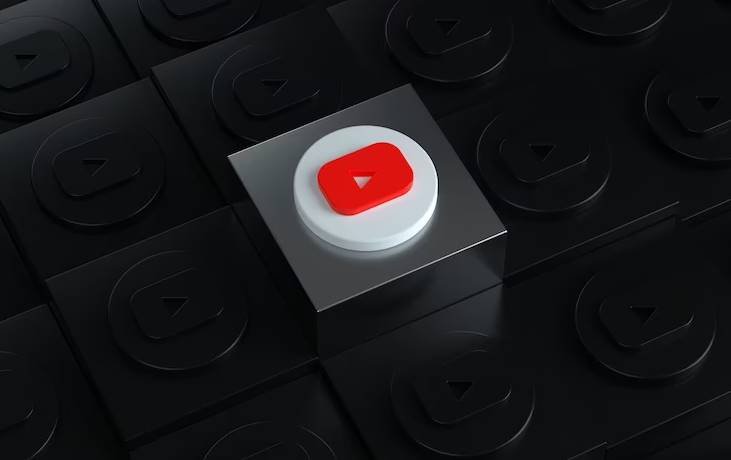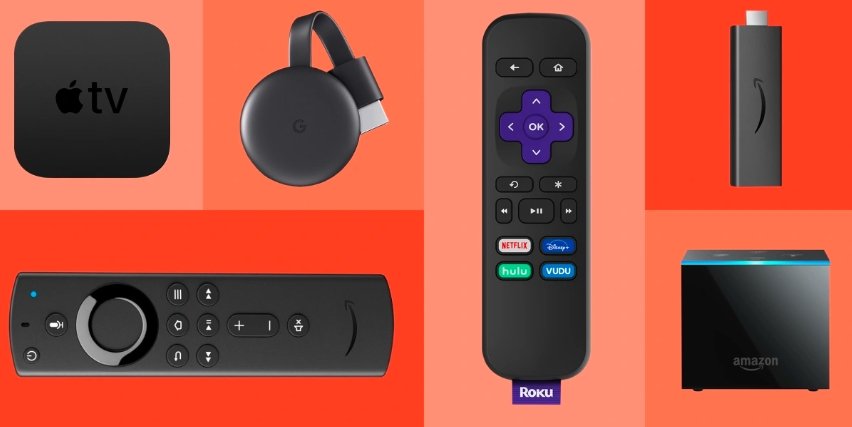You may have noticed that YouTubers often ask you to hit the ‘like’ button on their videos. Have you ever wondered why they do this? Understanding the reasons behind this common practice can provide valuable insights into how YouTube works and why likes matter for creators. In this blog post, we will explore the various motivations behind YouTubers asking for likes and how it benefits their channels.
Key Takeaways:
- Boost Visibility: Asking for likes helps videos rank higher in search results and recommendations due to YouTube’s algorithm preference for high engagement.
- Build Credibility: A high number of likes can make a video appear more credible and trustworthy, attracting new viewers.
- Monetization Benefits: Higher engagement through likes can lead to increased ad revenue and sponsorship opportunities from brands.
- Community Engagement: Asking for likes encourages viewer interaction and serves as feedback for creators to understand their audience better.
- Channel Growth: Videos with more likes often attract more subscribers and can lead to broader promotion by YouTube.
Reasons Why YouTubers Ask for Likes
While YouTube creators may often ask you to like their videos, there are strategic reasons behind this request.
Boosting Visibility
Boosting visibility of a video is one key motivation. The more likes a video receives, the higher its chances of appearing in search results and recommendations due to YouTube’s algorithm preferences. This increased visibility can attract more viewers and help the content reach a wider audience.
One aspect of building credibility on YouTube involves garnering likes for your videos.
Social Proof
A high number of likes can serve as Social Proof of the video’s quality and popularity. When new viewers see that a video has received numerous likes, they are more likely to perceive it as trustworthy and worth watching, thus contributing to the video’s credibility.
Likes can also play a significant role in establishing a creator’s reputation and credibility on the platform. The number of likes a video receives can act as a signal to other users about the quality and value of the content. As a viewer, seeing a video with a high number of likes may influence your perception of the content and the creator’s credibility.

Monetization Benefits
To maximize their earnings, content creators seek higher engagement levels, which can translate into increased ad revenue. When a video accumulates more likes, it is likely to attract more views, leading to higher ad revenue potential for the creator. Moreover, brands are more inclined to collaborate with creators whose videos demonstrate significant engagement, including likes, as it reflects a strong and active audience.
The monetization benefits extend beyond advertising revenue. More likes on videos can also open doors to lucrative brand deals and sponsorships. Companies are more likely to partner with content creators who have a loyal and engaged audience, as demonstrated by the number of likes and overall engagement on their videos.
Community Engagement
Likes on videos serve as a form of interaction between the creator and the viewers, prompting them to engage with the content actively. By encouraging viewers to like their videos, creators foster a sense of community and connection with their audience, enhancing viewer loyalty and engagement. This feedback mechanism also helps creators understand what type of content resonates with their audience and tailor their future videos accordingly.
Benefits of community engagement go beyond the immediate gratification of likes on a video. By creating a more interactive and engaging environment, content creators can build a strong and committed community around their channel. This loyal following can lead to increased viewership, higher engagement levels, and ultimately contribute to the long-term growth and success of the channel.
Psychological Factors
Your favorite YouTuber may ask you to hit the like button for more than just boosting their video’s visibility. There are psychological factors at play that make the simple act of liking a video significant. Let’s explore two key principles that influence your decision to engage with content: the Reciprocity Principle and the Bandwagon Effect.
Reciprocity Principle
An crucial aspect to consider when you think about liking a video is the reciprocity principle. When a content creator provides you with valuable or entertaining content, you may feel a sense of gratitude, prompting you to reciprocate by liking the video. By explicitly asking for likes, creators are reminding and encouraging viewers to engage with their content. After all, your likes contribute to the engagement metrics that can impact the visibility and success of their videos.
Bandwagon Effect
With the bandwagon effect, the influence of popularity plays a significant role in your decision to hit the like button. When you see numerous likes on a video, you’re more likely to follow suit, as it creates a sense of validation and community. Bandwagon behavior is prevalent in social settings, and YouTube is no exception. When you join others in liking a video, you are participating in a form of social validation and communal engagement.
Final Words
Following this exploration of why YouTubers ask for likes, you now have a better understanding of the strategic importance of likes in the YouTube ecosystem. Likes play a crucial role in boosting visibility, building credibility, enhancing monetization opportunities, fostering community engagement, and promoting channel growth. By asking for likes, content creators are not just seeking validation but are also leveraging a powerful tool to improve their chances of success on the platform.
When you like a video, you’re not just showing appreciation for the content creator, but you’re also contributing to their overall success on YouTube. Your engagement helps videos reach a wider audience, attract more viewers, and potentially open up opportunities for the creator. So next time you enjoy a video, consider hitting that like button to support the creator and help them grow their channel.
FAQ
Q: Why do YouTubers ask for likes?
A: YouTubers ask for likes to boost the visibility of their videos, build credibility, enhance monetization opportunities, foster community engagement, and promote channel growth.
Q: How do likes help YouTubers in terms of algorithm preference?
A: Likes help YouTubers in terms of algorithm preference as YouTube’s algorithm favors videos with high engagement, including likes, which can increase the likelihood of the video being recommended to more viewers.
Q: What role does social proof play in the importance of likes for YouTubers?
A: Social proof plays a crucial role as a high number of likes can make a video appear more credible and popular, influencing new viewers to watch and trust the content.
Q: How do likes benefit YouTubers in terms of monetization?
A: Likes benefit YouTubers in terms of monetization by increasing engagement, leading to more views and higher ad revenue. Additionally, brands are more likely to sponsor videos with high engagement levels.
Q: How can viewers contribute to the growth of a YouTuber’s channel through likes?
A: Viewers can contribute to the growth of a YouTuber’s channel by liking videos, which can attract more subscribers, increase content promotion by YouTube, and create a sense of community and belonging among viewers.


















